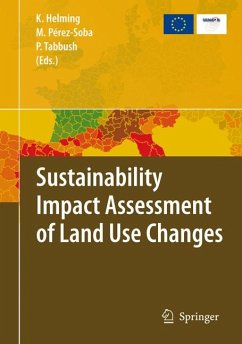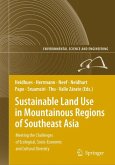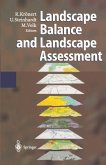There are many reasons why strategic intelligence is required to support policy decisions. These primarily stem from the nature of today's kno- edge society with two contrasting trends. On the one hand, there is a trend of increasing human intelligence in the economic, social and political s- tems. On the other hand, there is a trend towards dissolving certainties about the problems and solutions of today's society. Clearly, more inf- mation does not necessary imply more certainties on how to act. What is more, the same facts are often interpreted in markedly different ways: the same policy relevant information can - and often does - results in confli- ing framing of a problem by different stakeholders. This is mainly due to competing assumptions, rather then because of inconsistent facts. The- fore, it is not surprising that policy-makers are calling for strategic intel- gence to support their understanding of today's challenges, including the relevant aspects of science and technology, their impact and their possible future developments. Over the last 15 years, Europe has rapidly adopted the practice of dev- oping and using Impact Assessment (IA) tools to support decision-making. Formal procedures and guidance for IA are well established within the European Commission and in most EU Member States. The adoption of IA procedures alone, however, does not guarantee that every policy domain is actually using the full potential of these assessment tools in the preparation of policies and legislation.
Dieser Download kann aus rechtlichen Gründen nur mit Rechnungsadresse in A, B, BG, CY, CZ, D, DK, EW, E, FIN, F, GR, HR, H, IRL, I, LT, L, LR, M, NL, PL, P, R, S, SLO, SK ausgeliefert werden.









